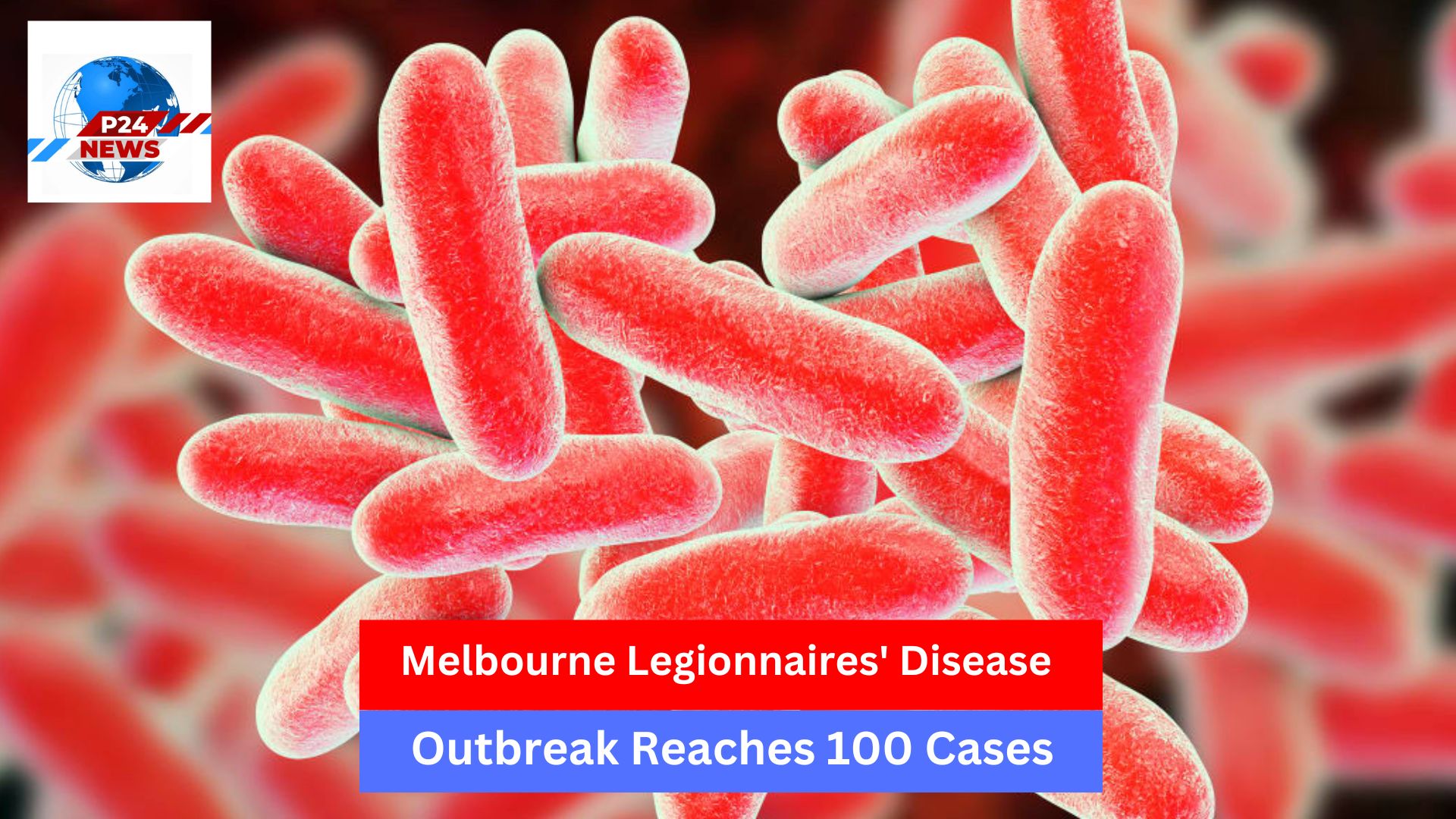The outbreak of Legionnaires' disease in Melbourne has intensified, with the number of reported cases rising to a troubling 100
The outbreak of Legionnaires' disease in Melbourne has intensified, with the number of reported cases rising to a troubling 100
The outbreak of Legionnaires' disease in Melbourne has intensified, with the number of reported cases rising to a troubling 100. Health authorities are actively working to control the spread of the disease, which was first identified on July 26. The outbreak has been traced back to a cooling tower located in Laverton North, a suburb in the city's western region. The situation has prompted a significant public health response to prevent further transmission and protect the community.
The outbreak has unfortunately claimed the lives of two elderly individuals. In addition to the fatalities, many of those affected are adults over the age of 40 who have experienced severe symptoms. The disease has led to numerous hospitalizations, with some patients requiring intensive care due to severe community-acquired pneumonia. The Department of Health is monitoring an additional 10 suspected cases as part of its ongoing efforts to manage the outbreak and provide medical care to those affected.
In response to the outbreak, health officials have conducted thorough inspections of cooling towers throughout the metropolitan area. The majority of the confirmed cases are linked to exposure occurring between July 5 and July 20, with symptoms typically manifesting on or after July 15. The investigation is focused on identifying the precise sources of infection and implementing measures to address any potential risks associated with cooling towers and other water systems.
Legionnaires' disease is a rare but severe form of bacterial pneumonia. It is caused by the bacteria Legionella, which can be inhaled through contaminated water droplets. The disease is characterized by symptoms such as fever, chills, cough, headache, and muscle aches. Additionally, atypical symptoms like nausea, vomiting, diarrhea, and confusion may occur. Due to its severity, prompt diagnosis and treatment are crucial to managing the disease and preventing complications.
As the outbreak continues to unfold, health authorities are emphasizing the importance of preventive measures. Public health campaigns are being launched to raise awareness about Legionnaires' disease and its symptoms. Additionally, efforts are being made to enhance the monitoring and maintenance of cooling towers and other potential sources of contamination. The goal is to mitigate the spread of the disease and ensure that effective treatment is available to those affected.
The response to the Legionnaires' disease outbreak in Melbourne remains a priority for health officials. Ongoing investigations and preventive measures are essential to controlling the situation and safeguarding public health. Authorities are committed to providing updates and ensuring that the necessary resources are in place to address the outbreak and support those impacted.
Like
Dislike
Love
Angry
Sad
Funny
Pray
9th Ayurveda Day in Melbourne: A Celebration of Ayurvedic Innovations and Global Health Impact
November 10, 2024Australia’s Terror Alert Jumps to ‘Probable’: What You Need to Know About the Increased Risk
August 05, 2024🍪 We Value Your Privacy and Experience Hi there! We use cookies to enhance your browsing experience, provide personalized content, and analyze site traffic. By continuing to use our site, you consent to our use of cookies.







Comments 0